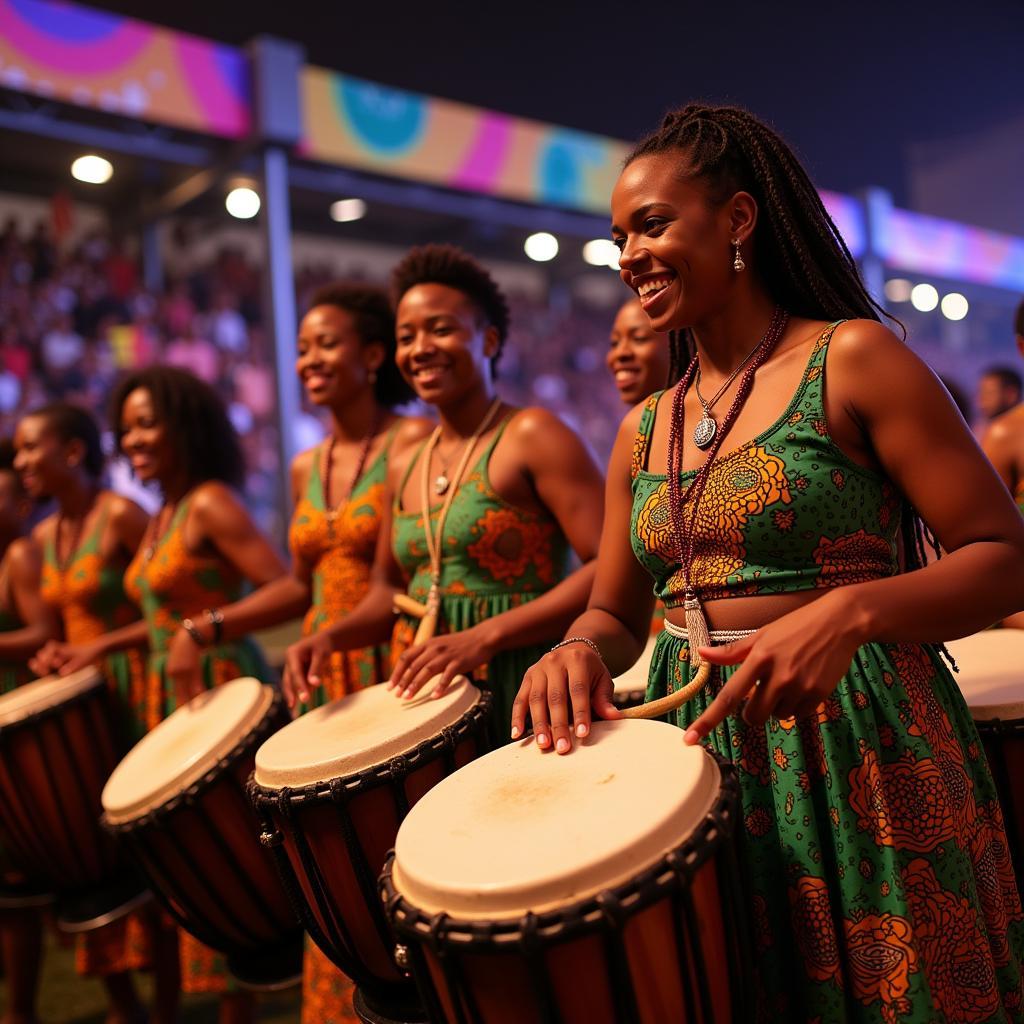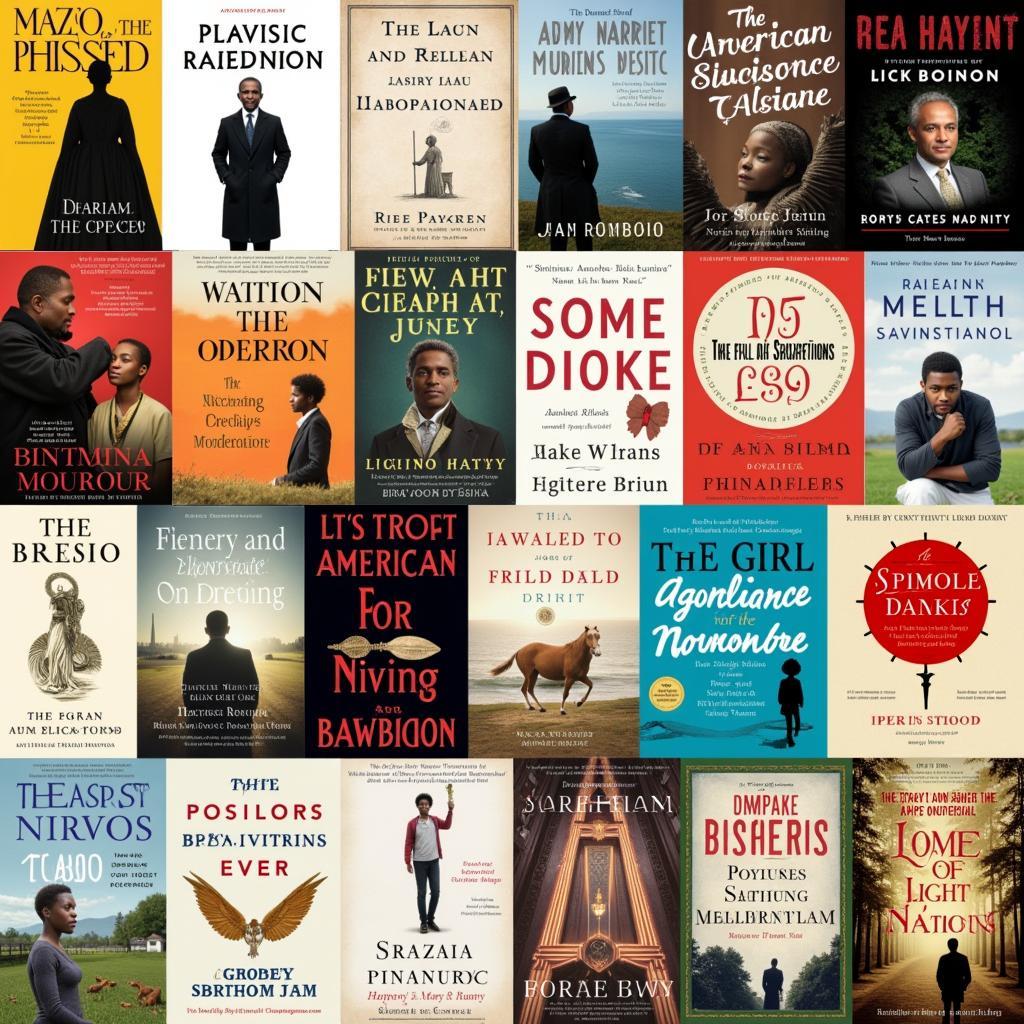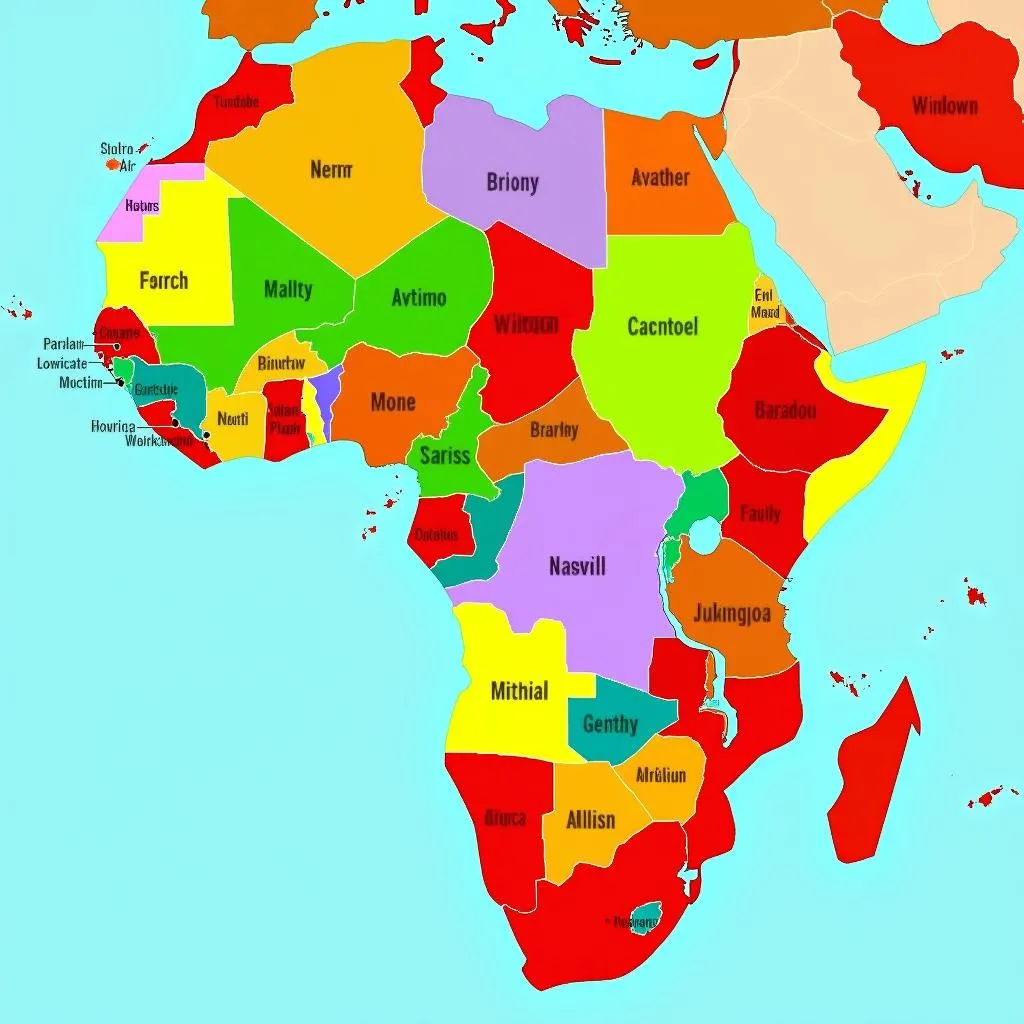Exploring African Genderfluidity: Beyond the Binary
African Genderfluidity is a complex and nuanced topic, often misunderstood and misrepresented. Contrary to popular belief, the concept of gender existing solely as a binary – male or female – is a relatively recent construct imposed through colonization. Traditional African cultures have long recognized and celebrated diverse expressions of gender beyond this rigid framework.
Challenging Western Perspectives on Gender
For centuries, many African societies have acknowledged and accepted individuals who identify and express themselves outside the Western gender binary. These individuals often hold significant roles within their communities, embodying fluidity and challenging the notion of fixed gender identities.
Take, for instance, the Two-Spirit individuals among some indigenous North American tribes, who are often of Native American or First Nations heritage. They are revered for their ability to bridge the masculine and feminine, often taking on roles as healers, spiritual guides, and storytellers. Similarly, in many African cultures, individuals who embody both masculine and feminine energies are seen as gifted with unique insights and perspectives.
Diverse Expressions of African Genderfluidity
It’s important to remember that African genderfluidity is not a monolith. Each culture, each region, has its own specific terms, understandings, and experiences related to gender diversity.
- East Africa: The Maasai of Kenya and Tanzania recognize a third gender known as “Olaibaab” or “Mashoga,” individuals assigned male at birth who adopt feminine roles and attire. They are often integrated into society, even marrying men without social stigma.
- Southern Africa: In Madagascar, the “Sekrata” are individuals assigned male at birth who identify as female and may live openly as women. They hold a respected place in society, particularly in spiritual roles.
- West Africa: The “Yan Daudu” in Hausa culture (Nigeria and Niger) are often assigned male at birth and express themselves through feminine attire, mannerisms, and occupations.
The Impact of Colonization and Modernity
Despite the historical acceptance of gender variance in many African cultures, the influence of colonization and the imposition of Western ideals have presented challenges. European colonialism sought to suppress and erase these diverse gender expressions, often through legal and social sanctions. This led to the marginalization and stigmatization of individuals who did not conform to Western norms.
However, in recent decades, there has been a resurgence of interest in and acceptance of traditional African gender identities. Activists, artists, and scholars across the continent are working to reclaim and celebrate the rich tapestry of gender diversity that existed long before colonization.
A Future Embracing Diversity
Understanding African genderfluidity requires moving beyond Western definitions and embracing the diverse ways in which gender is understood and lived across the continent. It’s about recognizing the historical context, celebrating cultural richness, and advocating for the rights and inclusion of all individuals, regardless of their gender identity or expression.



